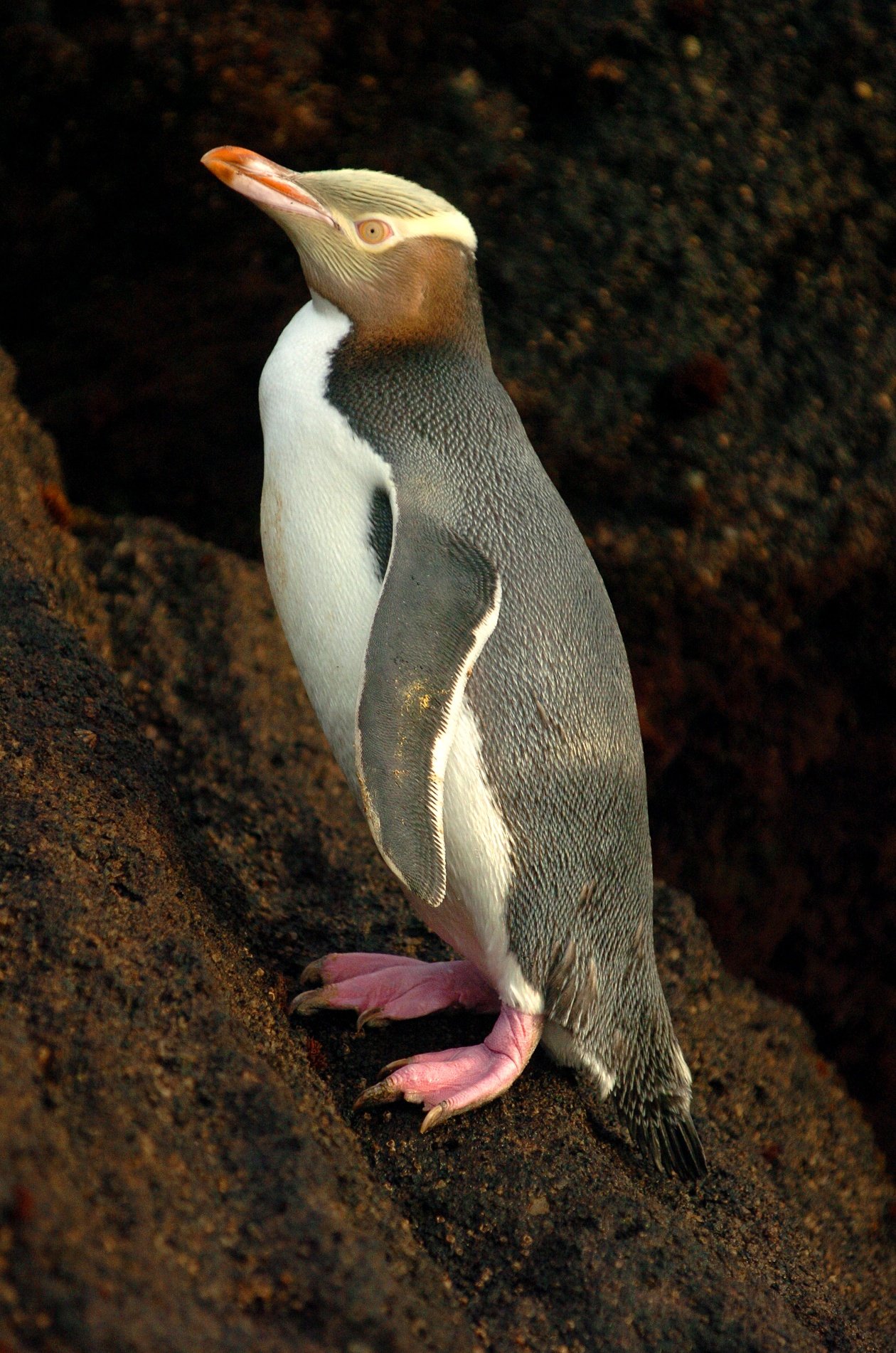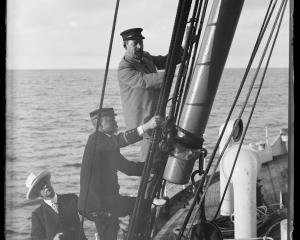
The Environmental Law Initiative (ELI) is arguing that a recent decision by the Minister for Oceans and Fisheries Shane Jones to implement a three-month emergency ban on set-net fishing — to prevent the birds being killed through bycatch — fails to tackle their extinction because it applies to only a small area of ocean around Dunedin.
ELI’s demand that a much larger area of the birds’ natural habitat should be protected, and for longer, will be heard in a two-day hearing in the High Court at Wellington from December 1, two weeks before the current ban expires.
ELI senior legal adviser Megan Cornforth-Camden said the court had recognised an urgent hearing was "in the interests of justice" as every hoiho death could impact breeding and population levels.
"Our case is about ensuring the government gets this right, giving hoiho the best chance of survival."
Since 2008, there has been a collapse in nest counts of the species across coastal Otago, Southland and Steward Island — plummeting from 739 to 143.
Last summer, there were fewer than 100 chicks found, and the Department of Conservation estimated that only about 20 would become adults.
Hoiho habitat stretches between Banks Peninsula in Canterbury all the way down the southern coastline including Rakiura Stewart Island and they can swim up to 50km offshore to seek food.
However, the three-month set-net ban introduced by Mr Jones on September 16 stretches only from Karitane and Taieri Mouth and 8 nautical miles offshore.
University of Otago marine science research fellow Dr Ursula Ellenberg said she was "delighted" to hear about the High Court hearing.
A larger set-net ban would be an important step to save the birds from a "desperate" situation, she said.
"We have to pick our battles to save hoiho and the most immediate and preventable threat is bycatch mortality in set nets. We have reached a point where every bird counts."

Hoiho dive to forage for food on the sea floor and researchers have argued that the practice of bottom trawling by commercial fisheries, combined with climate change, has reduced the birds’ food supply and increased their susceptibility to disease. The birds also face on-land danger from introduced mammals, including stoats and dogs.
However, set nets — which entangle the birds when they are diving or seeking food higher up in the ocean — are a cause of death that can be tackled immediately through bans.
A global review of penguin as bycatch, published in Endangered Species Research, found that set-netting is the type of fishing that causes most penguin deaths because the birds cannot see the mesh underwater and become entangled and drown.
The birds typically can only dive for three and a-half minutes before needing to breathe.
Mr Jones had said that during the current ban he was carrying out public consultation on "long-term bycatch measures" to protect hoiho.
However, the minister’s office yesterday said Mr Jones was still "awaiting advice from officials on permanent measures" and commenting on ELI’s case was inappropriate while the matter was before the court.
Doc marine bycatch and threats manager Kris Ramm warned that hoiho could become extinct on the mainland within our lifetime.
"Work to date has focused on predator control around nest sites, disease and injury treatment, starvation intervention and restoring hoiho nesting habitat. Despite this, their numbers have continued to decline."
He said bycatch was one of the threats and Doc would continue working with partners and the fishing industry on "long-term solutions for hoiho recovery".











